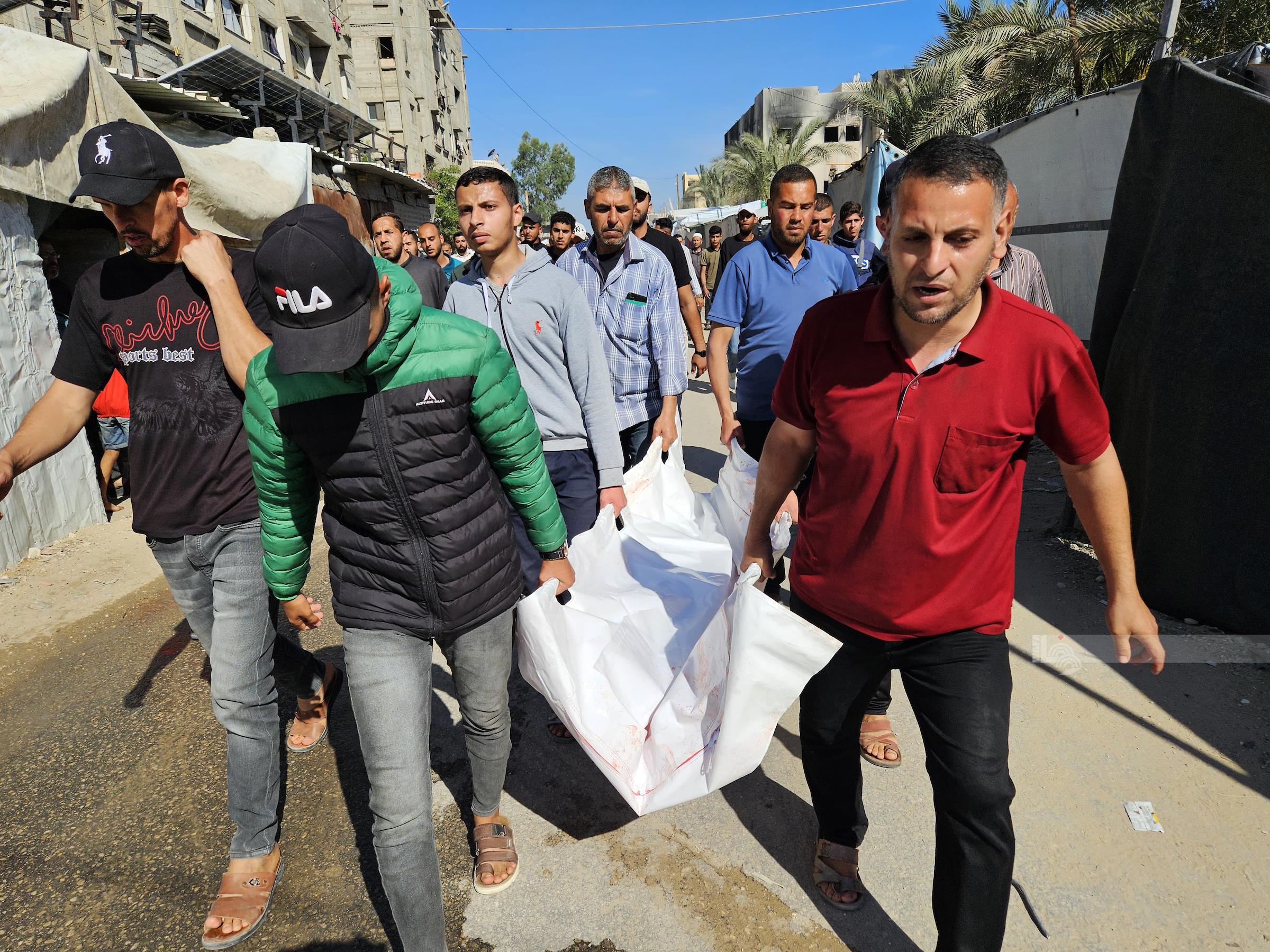JERUSALEM, May 1, 2010 (WAFA)- Israeli forces killed one Palestinian and injured at least 49 others during the reporting period. This is a significant increase compared to last week, during which six Palestinians were wounded. Two members of the Israeli security forces were also wounded this week. Since the beginning of the year, six Palestinians and one Israeli soldier have been killed and 587 Palestinians and 72 Israelis injured in the West Bank, including East Jerusalem, OCHA weekly Protection of Civilains report said.
In the period between April 21, 2010 and April 27, 2010 OCHA said that tensions ran high in the Silwan neighborhood of East Jerusalem, after a group of Israeli settlers conducted a march in the neighborhood on 25 April to protest what they consider to be the “illegal” construction of Palestinian homes. The event, which was authorized by the Israeli authorities, sparked clashes between Palestinian residents and Israeli forces, were deployed ahead of the settlers’ march. During the confrontations, the police fired rubber-coated metal bullets and tear gas grenades at Palestinian stone throwers. Palestinian and Israeli sources indicate that at least 29 Palestinians, the majority of whom were children, along with two Israeli policemen, were injured. During the day, the Israeli police closed the two main entrances leading to Silwan, leaving many students unable to attend schools. Tension remains high in the area, due to continued Israeli settlement activity and the threat of demolition to some 90 Palestinian houses in the Bustan area of Silwan.
Eleven of this week’s injuries occurred in demonstrations protesting the expansion of Hallamish settlement (Ramallah), against access restrictions to farming land in Beit Ummar (Hebron) and during anti-Barrier demonstrations in Al Walajah (Bethlehem), Ni’lin and Bil’in villages (Ramallah). Two international and one Israeli activist were injured in the latter demonstration. Another three Palestinians, including reportedly a 5-year-old mentally challenged boy, were injured in incidents at a checkpoint and during a search operation, OCHA added.
OCHA continued on saying: While the week was characterized by relative calm, with no Israeli air strikes recorded, Israeli restrictions on Palestinian access to land and sea resulted in the injury of four Palestinian civilians. Since the beginning of 2010, 16 Palestinians (including five civilians), three Israeli soldiers and one foreign national have been killed and another 71 Palestinians (including 59 civilians), and four Israeli soldiers have been injured in the context of the Palestinian-Israeli conflict in the Gaza Strip and southern Israel.
The Israeli authorities continue to enforce restrictions on Palestinian access to the so-called “buffer” zone along the Gaza-Israel border, mainly affecting access to agricultural land. These ongoing restrictions triggered a demonstration on 24 April, during which, Israeli forces opened fire towards Palestinian protesters after they attempted to approach the border fence, wounding three of them; an international activist was also injured. These demonstrations are organized on a daily basis by a group representing farmers and other people living near the border in different locations throughout the Gaza Strip. Also this week, Israeli tanks and bulldozers launched two incursions a few hundred meters inside Gaza and withdrew after conducting land leveling operations. One of these incursions evolved into an armed clash between Israeli forces and armed Palestinians; no injuries were reported, OCHA went on.
The Israeli authorities deported to the Gaza Strip this week a Palestinian man that had finished serving a nine year prison sentence. Prior to his imprisonment, the man, who holds an ID card issued in Gaza, had been living for several years in the West Bank with his wife and two children, who remain there. He is currently staying in a protest tent next to Erez Crossing. Also this week, the Israeli authorities deported to the Gaza Strip another Palestinian man, who is originally from Gaza and is married to a Palestinian woman from Beer Sheva in southern Israel. According to Al Mezan Centre for Human Rights, he was given a residency permit to stay in Israel, but it has not been renewed for three years. While relying on older legislation, these deportations occurred a week after a new military order entered into force, which defines any person present in the West Bank without a permit as “an infiltrator”, who can be deported within 72 hours without judicial review.










